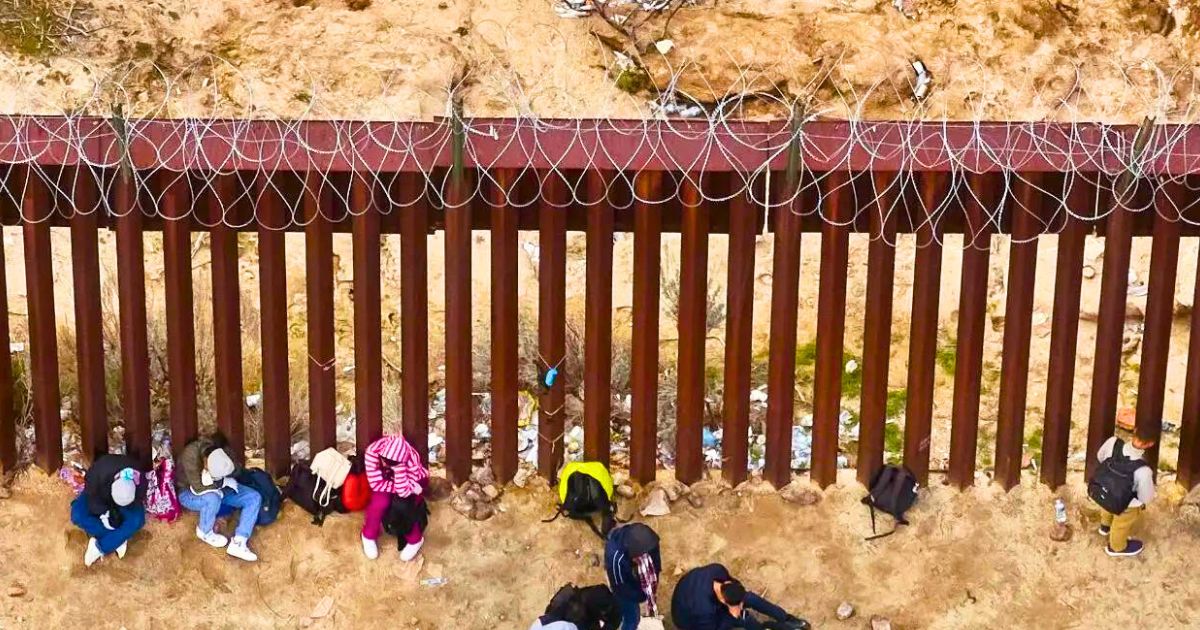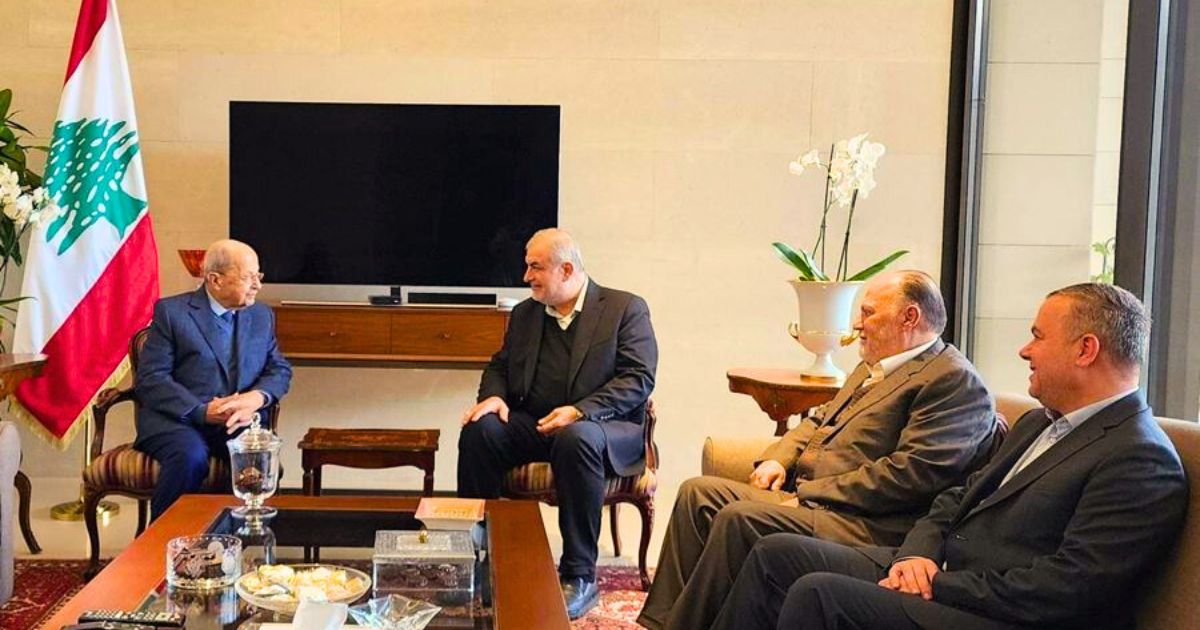U.S. Ambassador to Lebanon Dorothy Shea has become the subject of yet another controversy after a Lebanese cleric sued her for several allegations.
Sheikh Nazir Jishi, the head of the As’hab Al-Haq committee, cited the alleged crimes of “establishing espionage networks that work for the benefit of the Israeli enemy from Lebanese territory, incitement, exhorting sectarian strife, threatening civil peace, and insulting the Lebanese.”
Speaking to reporters on Thursday, the cleric explained that the Ambassador “insulted half of the Lebanese people” when she “declared them terrorists.”
Additionally, he indicated that she has been involved in espionage operations against Lebanon, in collusion with Israeli and American intelligence agencies.
It is worth noting, especially since the report was submitted to local judicial authorities, that top diplomats such as Ambassador Shea in Lebanon and most other countries enjoy the privilege of diplomatic immunity.
Article 29 of the Vienna Convention on Diplomatic Relations, which Lebanon ratified in 1971, states:
“Diplomats must not be liable to any form of arrest or detention. They are immune from civil or criminal prosecution, though the sending country may waive this right under Article 32.”
Thus, as the said article implies, Ambassador Shea cannot be handcuffed, arrested, detained, or prosecuted by Lebanese law-enforcement officials in the case of this lawsuit. That is so long as the U.S. does not waive its ambassador’s immunity.
Recently, Shea made headlines when a Lebanese judge banned local media from conducting interviews with her for a year. This was after she called Hezbollah “a designated terrorist organization,” in a recent interview with a Dubai-media.
This remark was what Sheikh Jishi based his claim on when he said that Shea insulted the Lebanese people. The question remains: Will this lawsuit have the power to prevail over the diplomat’s immunity?



















